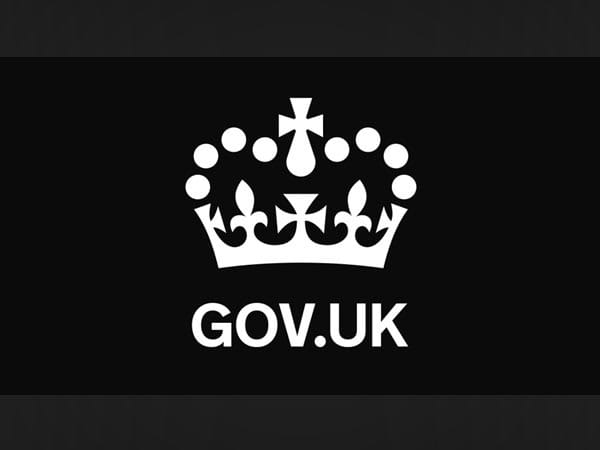London: The United Kingdom’s Foreign and Commonwealth Office (FCO) on Thursday in an advisory to its citizens planning a trip to Pakistan has urged them to avoid visiting numerous places, including areas located close to the Line of Control. The UK FCO, in an advisory, said that foreigners may become “direct targets” of the attacks especially in densely populated areas, such as markets, shopping malls and restaurants.
“Protests can take place with little warning and turn violent quickly. You should avoid demonstrations, large crowds of people and public events throughout Pakistan. You should be extra vigilant at all times and minimize your exposure to areas that pose a higher risk,” the FCO said.
The FCO said that the British High Commission’s ability to deliver consular assistance, including in an emergency, may be restricted or delayed in certain parts of Pakistan where the federal government does not allow permission to travel.
The advisory further noted: “Certain flight routes or airports continue to experience restrictions. You should check with your airline for the latest information on the status of your flight before travelling to the airport for any flight to and from Pakistan.”
The statement said that much of Balochistan, rural Sindh and Khyber-Pakhtunkhwa, including the Federally Administered Tribal Areas and Agencies, Quetta and parts of Sindh have a high level of lawlessness.
On April 10, the US State Department introduced a new risk indicator for 35 countries, including Pakistan, to communicate more clearly to American citizens the “risks of kidnapping and hostage-taking” by criminal and terrorist actors around the world.
“The new “K” indicator is part of our ongoing commitment to providing clear and comprehensive travel safety information to US citizens so they can make informed travel decisions,” the Department said in a statement.
The State Department said that the travel advisories are based on risk indicators such as crime, terrorism, civil unrest, natural disasters, health, and other potential risks.
The decision comes following the heightening of tension between India and Pakistan in the aftermath of the February 14 Pulwama terror attacks, which claimed lives of 40 Indian security personnel. The responsibility of the attacks was claimed by the Pakistan-based Jaish-e-Mohammed group.
In recent weeks, northern areas of Pakistan have also witnessed an increasing number of terror attacks claimed by the Taliban as well as Daesh.
[source_without_link]ANI[/source_without_link]

